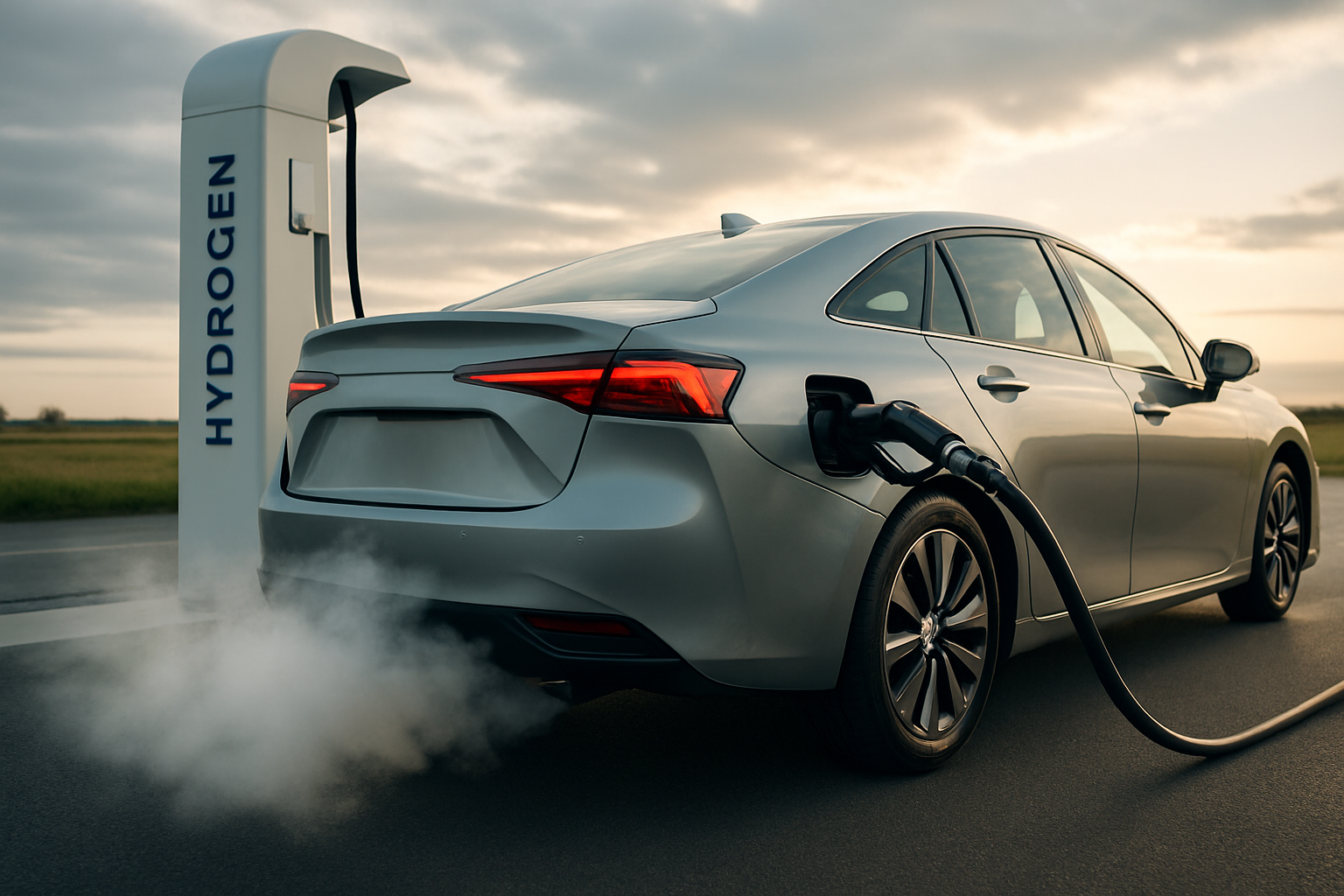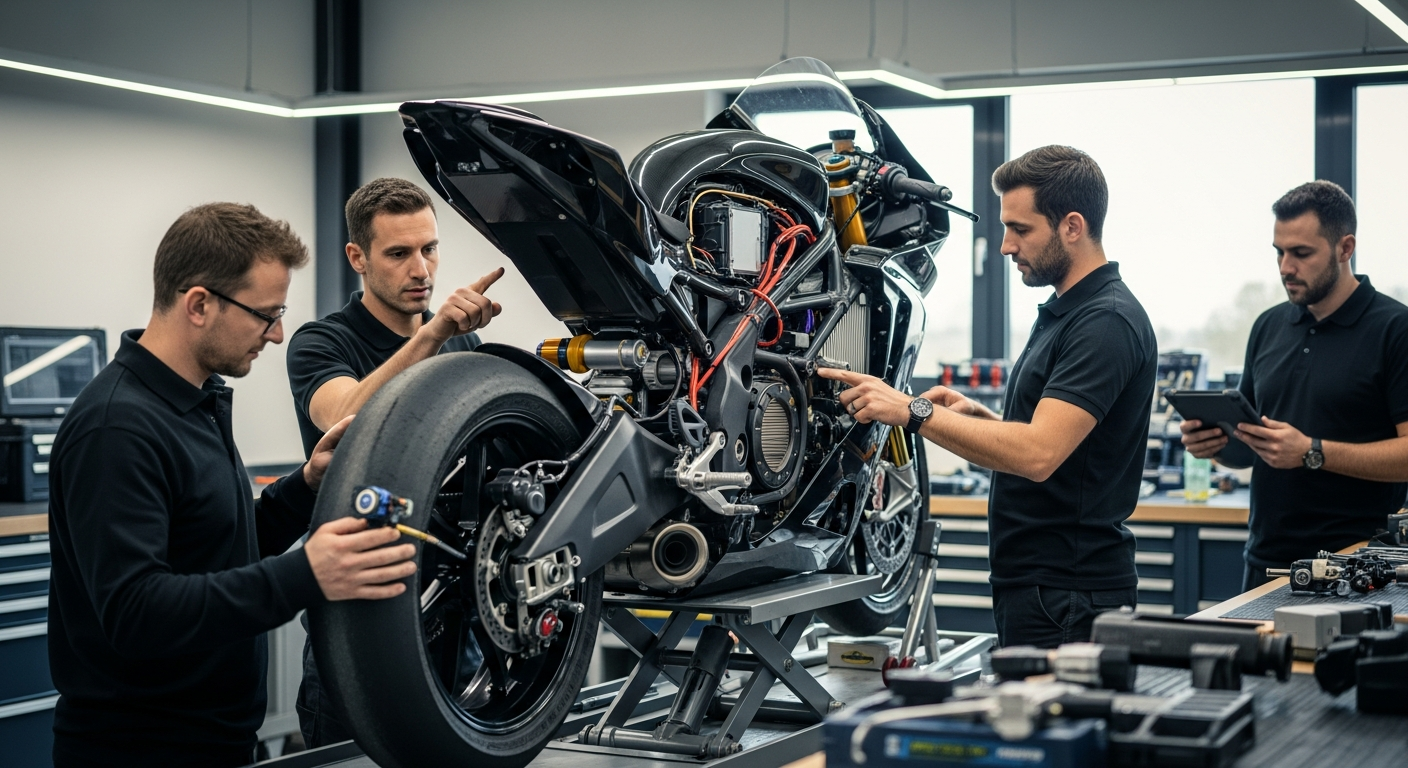Pioneering the Path: The Rise of Hydrogen Fuel Cell Vehicles
Fuel cell technology is an innovative and promising solution for a greener future in the automotive industry. As the world grapples with issues such as climate change and air pollution, hydrogen fuel cell vehicles (FCVs) are emerging as a sustainable and powerful alternative to traditional gasoline-powered cars.

The Historical Journey of Hydrogen Fuel Cell Vehicles
Hydrogen fuel cells were first invented in the 19th century, but it wasn’t until the late 20th century that they were seriously considered as a power source for vehicles. The 1990s and early 2000s saw the first prototypes of FCVs from automotive giants such as Toyota, Honda, and General Motors. These early models paved the way for the current generation of FCVs, which offer substantial improvements in terms of performance, efficiency, and environmental impact.
The Mechanics of Fuel Cell Vehicles
Hydrogen FCVs operate via a fascinating process that combines hydrogen and oxygen to produce electricity, with water as the only byproduct. This electricity powers an electric motor that drives the vehicle, making FCVs essentially a form of electric vehicle (EV) with a unique power source. The fact that FCVs emit only water vapor makes them highly attractive from an environmental perspective.
Current Trends and Industry Insights
The FCV market is growing steadily, albeit at a slower pace compared to the broader EV market. Industry experts attribute this to several factors, including the high cost of hydrogen fuel cells and the current lack of hydrogen refueling infrastructure. However, technological advancements and investments in hydrogen infrastructure are expected to drive the market growth in the coming years.
Impact, Benefits, and Challenges of FCVs
The adoption of FCVs has the potential to significantly reduce greenhouse gas emissions and improve air quality. FCVs also offer certain advantages over battery electric vehicles, such as longer driving range and quicker refueling times. However, challenges remain, including the production of hydrogen from renewable sources, the high cost of fuel cell systems, and the development of hydrogen refueling stations.
The Future of Hydrogen Fuel Cell Vehicles
Despite the challenges, the future looks bright for FCVs. With continuous technological advancements and growing interest in sustainable transportation, FCVs are poised to play a crucial role in the future of mobility. As the world moves towards a greener future, the rise of hydrogen fuel cell vehicles is a journey worth watching.
In conclusion, hydrogen fuel cell vehicles represent an exciting frontier in the automotive industry. They offer a unique combination of environmental benefits and performance advantages, and their adoption could play a significant role in shaping the future of sustainable transportation. However, overcoming the existing challenges will require concerted efforts from industry stakeholders, policymakers, and consumers alike. It’s a challenge worth taking on, and the stakes couldn’t be higher. With the right investments and policy support, FCVs can become a key part of our efforts to reduce carbon emissions and combat climate change.






